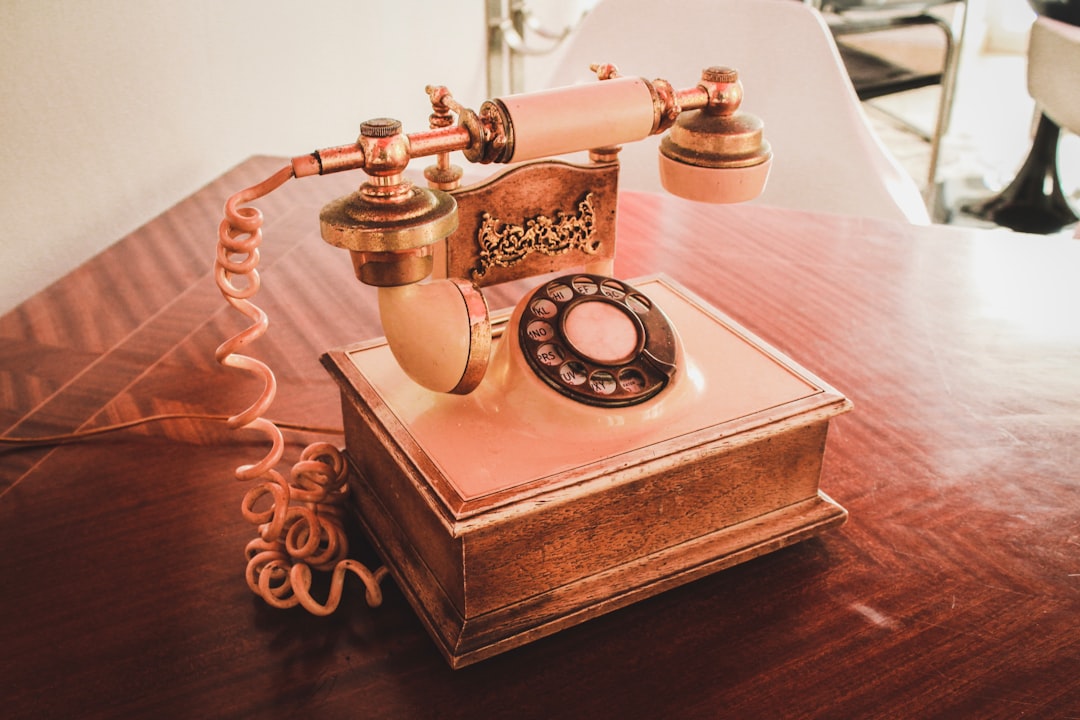In Georgia, consumers can protect their privacy from unwanted telemarketing calls by registering on the official Do Not Call List. It's illegal for companies and law firms to call using automated technology after registration. Residents facing harassment should consult a specialized do not call lawyer or attorney, document call details, and file complaints with relevant authorities. Key resources include the Georgia Attorney General's office, GPSC, non-profit legal aid organizations, and state bar associations for referrals to qualified professionals.
In Georgia, understanding your rights in telemarketing situations is crucial. Telemarketing can often feel like a relentless tide of unwanted calls, but knowing how to protect yourself is essential. This article guides you through the intricacies of Georgia’s Do Not Call List, clarifies telemarketing laws and harassment boundaries, outlines legal actions against violators, and introduces consumer resources for assistance. If you need a do not call lawyer Georgia or do not call attorney Georgia to protect your privacy, this guide provides insights into finding the right do not call law firms Georgia.
The Do Not Call List in Georgia: How to Register and Protect Your Privacy

In Georgia, consumers have a powerful tool to protect their privacy from unwanted telemarketing calls – the Do Not Call List (DNC). This list is a registry where individuals can opt-out of receiving sales or marketing calls from any source. By registering your number with the DNC, you’re signaling to telemarketers and do not call lawyer Georgia that you do not consent to these types of calls. The process is straightforward; you can register online through the official state website or by contacting a do not call attorney Georgia who can guide you through the legal aspects.
Once registered, your number will be added to the state’s database, and it’s illegal for any do not call law firms Georgia or telemarketers to call you using automated technology or prerecorded messages. This is a significant step towards reclaiming control over your personal space and time. Remember, knowing your rights and taking proactive measures like registering with the DNC can significantly reduce the number of intrusive calls you receive, ensuring a quieter and more peaceful environment.
Understanding Telemarketing Laws: Rights of Georgia Residents

In Georgia, telemarketing laws are designed to protect residents from unwanted and harassing calls. Understanding your rights under these laws is crucial when dealing with potential “do not call” violations. If you’re being contacted by telemarketers persistently or in ways that make you feel uncomfortable, it’s important to know that there are regulations in place to safeguard your privacy and peace of mind.
Georgia residents have the right to refuse telemarketing calls at any time. Furthermore, a resident can register their number on the Georgia Do Not Call List, which automatically blocks most outbound sales or promotional calls. If you suspect a violation by a lawyer, law firm, or attorney engaging in unwanted telemarketing, contacting a specialized do not call lawyer in Georgia could be your next step to assert your rights and stop the harassment.
When is Telemarketing Considered Harassment? Recognizing Unwanted Calls

In Georgia, telemarketing harassment is a growing concern among many residents. While legitimate businesses often engage in telemarketing activities to reach potential clients, excessive or unwanted calls can cross the line into harassment. Recognizing when these calls become harassing is crucial for protecting your rights under Georgia law.
Unwanted telemarketing calls can be determined by several factors. If you consistently receive calls from a particular company or individual despite having requested not to be contacted (often indicated by “Do Not Call” signs or requests spoken directly to the caller), it may constitute harassment. Additionally, persistent calls at inconvenient times, such as before 8 am or after 9 pm, or repeated calls made with knowledge that you are not interested in their services, can all contribute to a harassing environment. If you find yourself on the receiving end of these relentless calls from law firms, attorneys, or “Do not call” lawyers in Georgia, it may be wise to consult a local attorney who specializes in this area to explore your legal options.
Legal Actions Against Violators: What to Do If You've Been Targeted

If you’ve been targeted by unsolicited telemarketing calls in Georgia, knowing your rights and available legal actions is crucial. While many states have comprehensive Do Not Call laws, Georgia’s regulations are slightly different. If a company or individual violates these rules, you have several options to consider.
First, document the incidents, including dates, times, and the content of the calls. This evidence can be invaluable if you decide to take legal action. You can file a complaint with the Georgia Attorney General’s office, which has authority to investigate and penalize violators. Additionally, consulting with a lawyer specializing in Do Not Call laws, such as those at reputable law firms across Georgia, is recommended. They can guide you on whether to sue for damages or seek injunctive relief to stop the unwanted calls.
Resources for Consumers: Organizations Offering Assistance in Georgia

In Georgia, consumers have several resources available if they encounter unsolicited telemarketing calls or feel their privacy rights have been violated. The Georgia Public Service Commission (GPSC) regulates telemarketing practices within the state and provides a platform for consumers to file complaints. If you’ve received harassing or unwanted calls, consider reporting them to the GPSC, which can take action against offending companies.
For legal assistance, consumers in Georgia can reach out to non-profit organizations dedicated to consumer protection, such as the Legal Aid Society of Greater Atlanta. These groups often offer free services and resources for individuals facing telemarketing abuses, including counseling and representation from do not call lawyers or attorneys who specialize in consumer rights. Additionally, state bar associations may provide referrals to qualified legal professionals who can guide consumers on how to navigate their rights under Georgia’s do not call laws.






